Designing and Evaluation of Research in Library and Information Science (In 2 Volumes)
Synopsis
Designing and Evaluation of Research in Library Science is directed to all the students starting first course in Library Science Research. Because this field continues to grow so rapidly with egard to knowledge it contains and the methodologies it employs, the authors of the any introduetory text is forced to carefully define their goals as a first step in deciding what to include in their book. In my case, I cntinually kept three main goals in mind. I wanted to produce a text for the student of Library Science Research that would : (a) Provide student with the basic information needed to understnd the Library Science Research process. from idea formulation through data analysis and interpretation ; (b) Enable students to use this knowledge to design their own Library Science Research investigation on a topic of their personal interest in Library Science ; (c) Permit students to read and understand the literature of Library Science Research. Part first deals with the nature of Library Science Research, briefly overviews each of the six methodologies diseussed later in the text, and presents an overview of Library Science Research Process. Part second introdues the basic concepts and procedures that must be understood before one can engage in the research intelligently. This part includes an understanding of variables, definitions, validity, reliability, sampling, instrumentation, data collection and analysis. These and other concepts are covered throughly, elearly and relatively simply. The emphasis throughout is to show students, by means of clear and appropriate examples, how to set up a Library Seience Research Study in a library setting on a question of interest and importance. Part thied explains and illustrates the methodologies commonly used in Library Science Research. Many key concepts presented in part two are considered again in these chapters, in order to illustrate their applications to each methodology. Part four deals with how to prepare a research proposal report that is built on the concepts and examples developed and illustrated in previous chapters. Part fifth deals with examples of how research can be done by practitioners.
Read more
64.80
58.32
$
72.00 $
Free delivery Wolrdwidе in 10-18 days
Ships in 1-2 days from New Delhi
Membership for 1 Year $35.00
Get it now and save 10%
Get it now and save 10%
BECOME A MEMBER

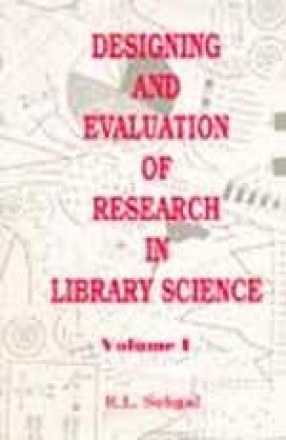

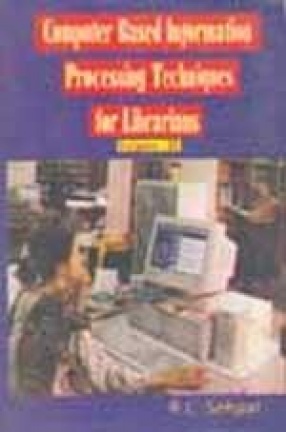
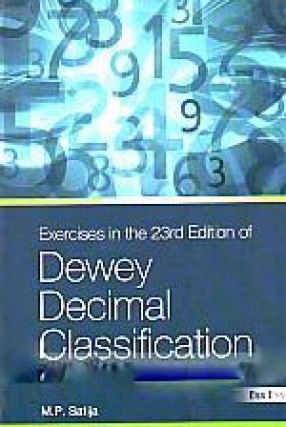
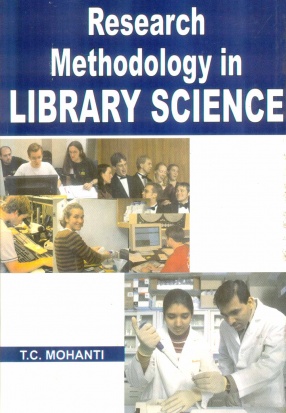
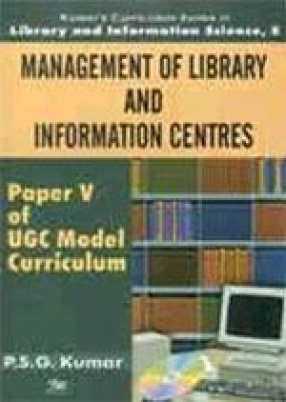
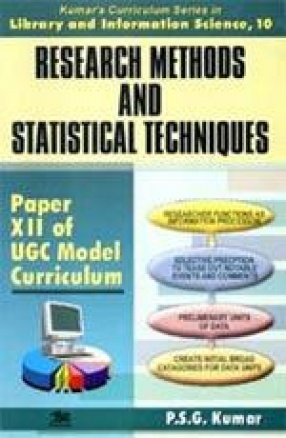

Bibliographic information